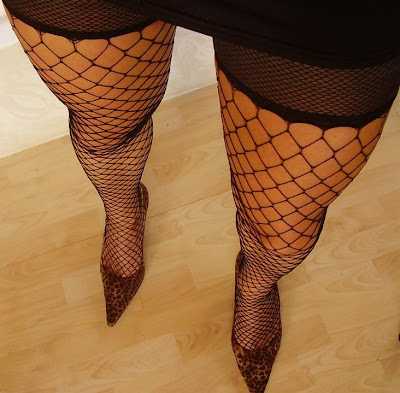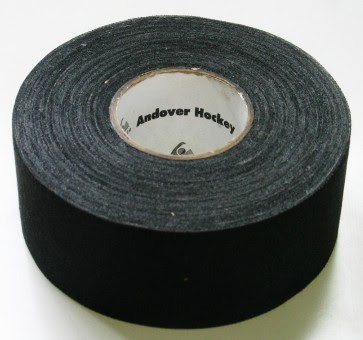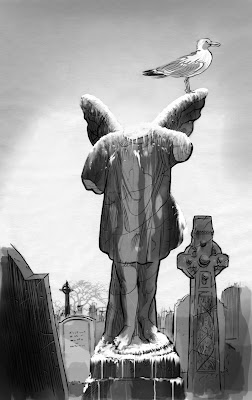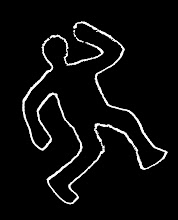
by Evie Christie
If this was set somewhere great like Sunset Boulevard, you’d find the critic dead in a pool, here, at the beginning. Anywhere will do though, I’m a poet. A hotel stairwell is sufficient. It’s clear that our critic struggles to become a known, if not renowned, author, that he’d eventually like to be remembered as someone who sold well. That he has been in the vicinity of prominence in writing classes with venerated professors who touched his papers and said kind little words about them, it’s possible. That he mastered the fine art of his own writing and was rewarded with lowly gigs like this one: poetry.
The book aside (it wasn’t great but whose is anymore?) there’s the boorishness, that’s the real issue. What if we were to show up at the same party? I couldn’t stand to see the oh, poor you glances of overworked publicists as they sweat it out in Smart Set ensembles, sneaking half sandwiches all night—not even once. I’m a good girl and as such don’t carry revolvers or pistols or anything helpful. I like blood and guts but I’m also a tidy person, this limits me. I’m also a very serious minded person and I need to get my work done in a timely manner, I have a schedule here above my monitor. Week 1 went like this: 1 line, writing, running, market, housekeeping. Week 2: 2 lines, writing, yoga and so on until I could do more blow than a businessman in a foreign layover suite (with an equally foreign stayover sweet). I cut it less and less into weeks 6-8, by week 14 my habit was forceful and pure. You can get a lot done this way.
I began our meeting with pleasantries, and was, thoughtfully asked back for a drink later. I wondered at how he afforded his hotel drinks and also at how remarkably lousy he would be at fucking. I wore stockings because I always do, they are effective, they set a heightened tone, don’t they? I had a drink and we settled against the coffee table for the evening. It wasn’t everyday ‘ham and cheese lunch’ the dealer had explained, no, it was the kind of blow your mom would pack for your birthday lunch (if mothers even pack their children’s lunches anymore, he scoffed). We did this for most of the night, it’s an aggressive and consuming way to go with an evening and most people end up talking too much and blowing the fine, progressive dread that’s actually become the best part of the experience for me. He was so attached to his childhood dog! You wouldn’t believe it. I suppose we’re all kind of pathetic and human about those things. I could see he would need mouth to mouth or an ambulance--not the dog (that was a straightforward hit and run followed by the kindest of shotgun surprise adieus), the dead guy.



















